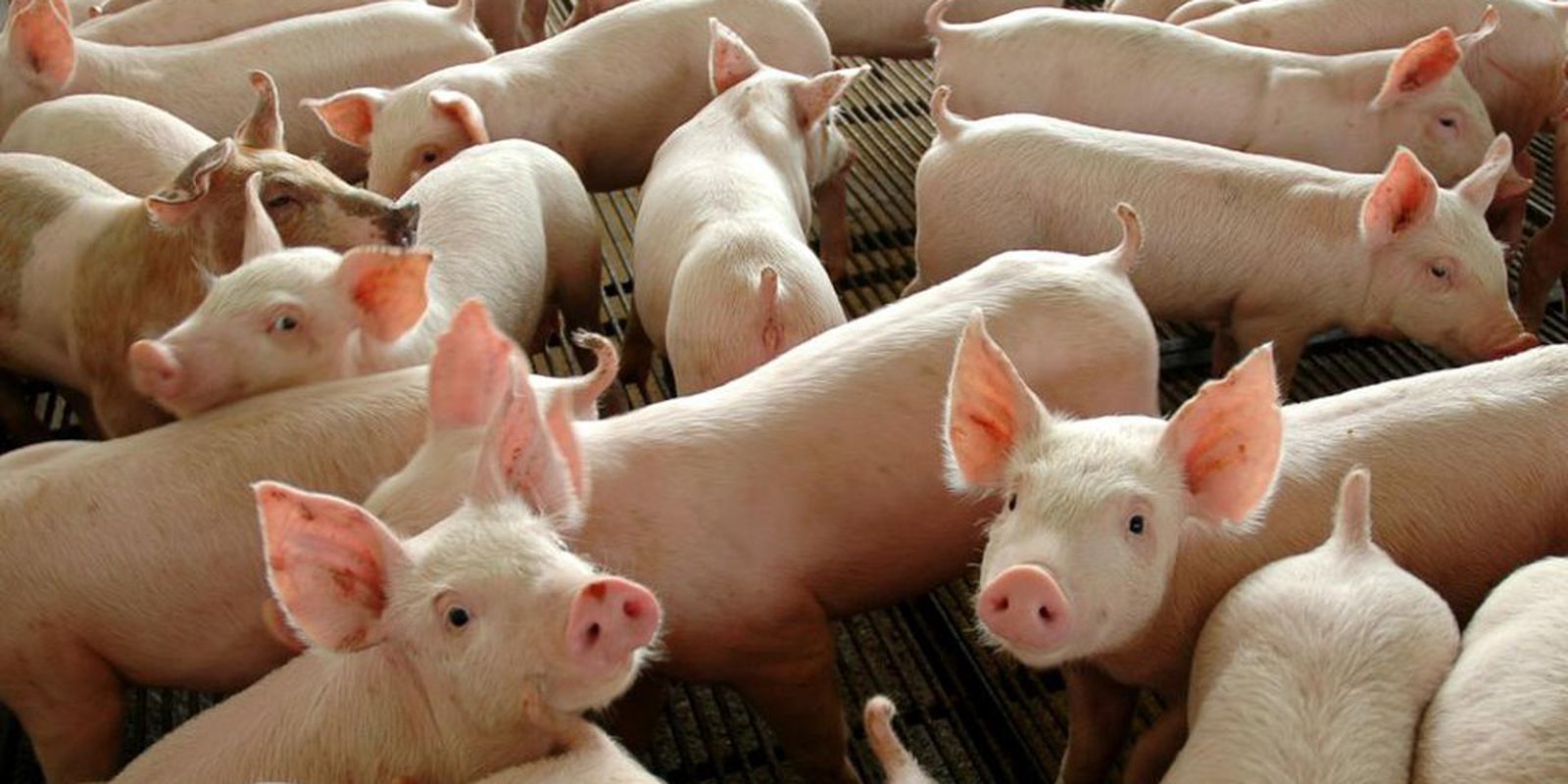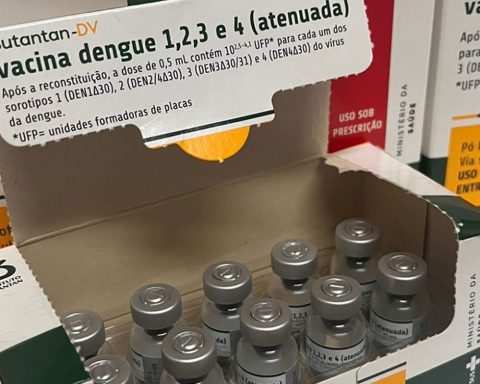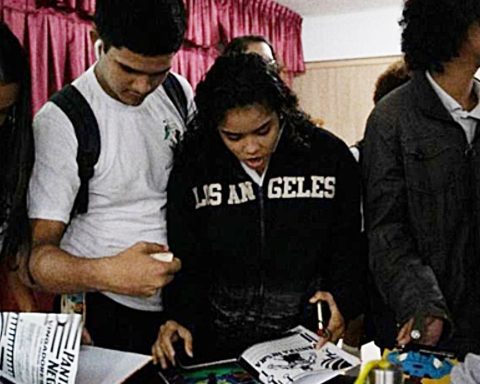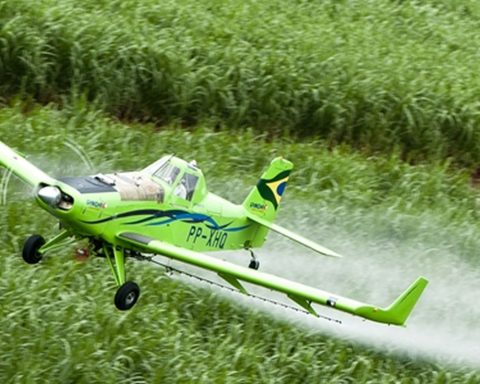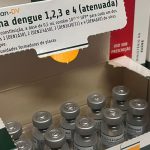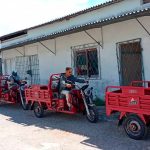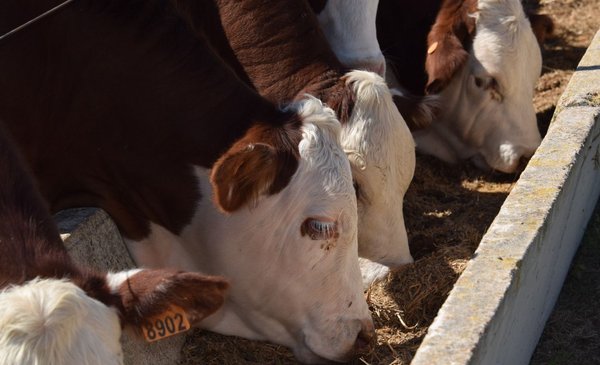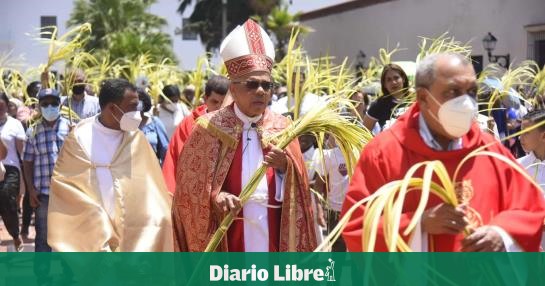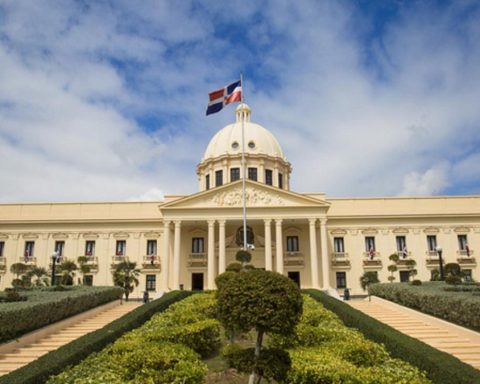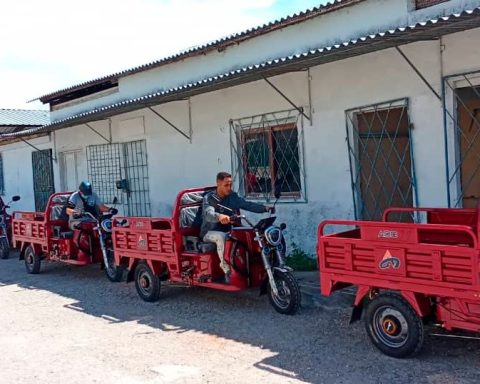With the confirmation of African swine fever (ASF) cases last year in the Dominican Republic and Haiti, the Ministry of Agriculture, Livestock and Supply (Mapa) implemented strict border control measures in Brazil, including enforcement at international airports.
Another action was the publication of preventive didactic material with posters, voice messages, infographics, booktext messages and social media posts about the disease.
African swine fever is contagious and has devastated livestock in China, other Asian countries and the European Union. Without a cure or treatment, in this wave it did not reach Brazil, but it is worrying because, when diagnosed, it requires the sacrifice of all contaminated animals.
In addition to guidelines on disease prevention, the book Dialogues for the prevention of African swine fever, launched by the ministry, brings a history of PSA in the world. Brazil, for example, already had cases registered between 1978 and 1981.
Source
“The virus was introduced by food residue from an aircraft from the Iberian region,” said Juliana do Amaral Moreira Vaz, a federal agricultural tax auditor, one of the authors of the book. In all, there were 224 outbreaks in the country, with 66,966 animals sacrificed and compensation of US$ 2.11 million. The declaration of disease-free country took place in December 1984.
In the preface, the Federal Superintendent of Agriculture of São Paulo, Andréa Figueiredo Procópio de Moura, recalled that it is essential to raise the awareness of all the actors involved in the process. “The idea is to use the most powerful and effective tool for controlling the disease in the country in a didactic way: information”. she said.
According to Guilherme Zaha Takeda, head of the Suidae Health Division, of the Agricultural Defense Secretariat of the Ministry of Agriculture, pork is one of the most consumed in the world and Brazil has established itself as one of the largest global producers of this protein.
“African swine fever threatens the food security of a portion of the population that has pig farming as an alternative source of food and income,” he said. For him, the book provides important information for all Brazilian society.
